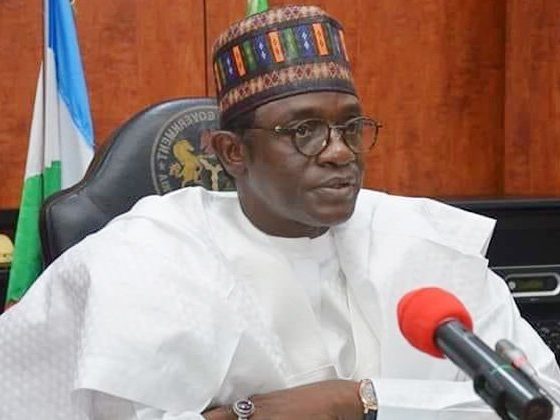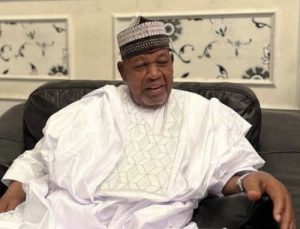ARTICLE AD
Senegal’s President Macky Sall has affirmed that he will step down from office when his term concludes on April 2nd, although no election date has been set yet.
The decision to postpone the vote, initially slated for Sunday, until mid-December triggered violent protests. President Sall, in a televised interview, announced that the election date would now be determined through political discussions scheduled to commence on Monday.
Despite the president’s call for a “national dialogue,” the opposition has rejected participation, dimming hopes for a resolution to the unrest. Sixteen out of nineteen presidential candidates have declined to attend, and several civil society organizations have also opted out.
President Sall, en route to the Nigerian capital for an Ecowas summit, has faced pressure to announce a new election date since Senegal’s highest court declared the postponement illegal.
The original decision to delay the vote drew sharp criticism from the international community, with concerns that it could potentially prolong President Sall’s tenure indefinitely, reminiscent of regions plagued by coups and military regimes.
During a televised address on Thursday evening, President Sall expressed concern that there might not be adequate time to elect a new president before his departure on April 2nd. He indicated that the dialogue forum would address the situation if this proved to be the case.
As a gesture of goodwill, President Sall stated his readiness to release opposition figure Ousmane Sonko from prison, whose arrest sparked nationwide protests last year. Numerous opponents of the president have already been freed following the Constitutional Council’s ruling that the election postponement was unlawful.
However, President Sall’s failure to set a new election date has deepened suspicions among his critics that this may be another delaying tactic.
Despite his previous commitment to not overstay in office when first elected in 2012, his televised interview has not yet restored Senegal’s reputation as a democratic stronghold in an increasingly authoritarian region.

 (2).png) 9 months ago
53
9 months ago
53 

